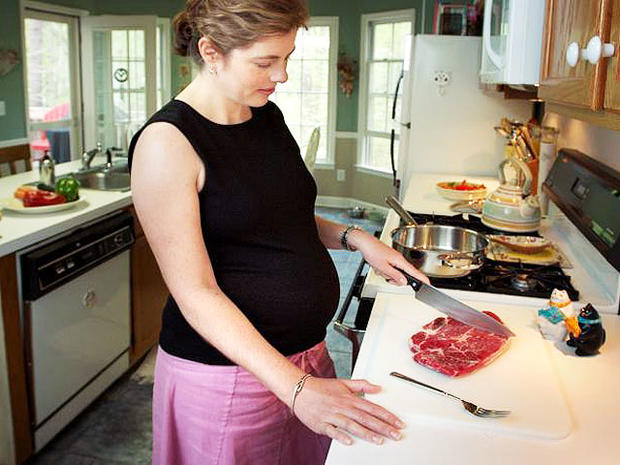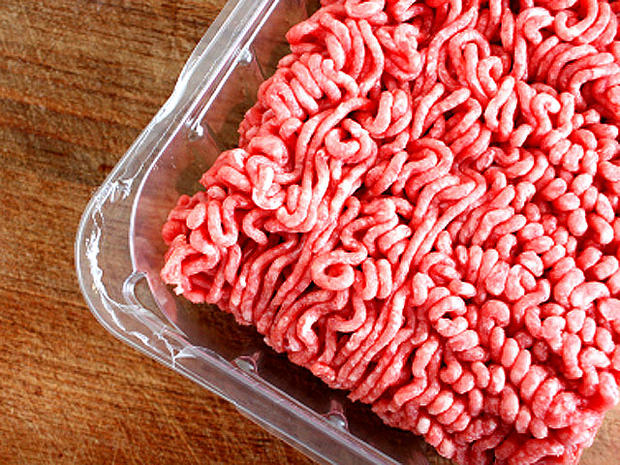Listeria: 7 key questions answered
What do I need to know about Listeria? That's what people have wondered in light of recent outbreaks of Listeria infection (listeriosis), including a 2011 outbreak blamed on Colorado-grown cantaloupes that sickened 146 people across 28 states, and killed 30 people.
What are the symptoms of listeriosis? How is the infection treated? Keep reading for answers to seven common questions, as provided by the CDC...
What are the symptoms?
Common symptoms of listeriosis include fever and muscle aches, often preceded by diarrhea. Other symptoms include headache, stiff neck, confusion, loss of balance, and convulsions. Pregnant women who contract listeriosis are at increased risk for premature birth and stillbirth.
How common is listeriosis?
Each year in the U.S., listeriosis sickens about 1,600 people and kills about 260. Certain people are at increased risk, including pregnant women, newborns, people with AIDS or other conditions that impair immunity, and people with cancer, diabetes, alcoholism or liver or kidney disease.
How does Listeria get into food?
Listeria germs occur naturally in soil and water and can be carried by animals, including those eaten by humans. Listeria is found in many raw foods, including meats and vegetables, soft cheese, hot dogs and other processed meats, and smoked seafood. The germs can be killed by cooking or pasteurization.
How does one contract listeriosis?
You get it by eating food that's tainted with Listeria gems. In addition, babies can get the disease if their mothers eat Listeria-contaminated food during pregnancy.
How can I reduce my risk?
Rinse raw vegetables thoroughly under running tap water before eating, and thorough cooking all beef, poultry, and other foods from animal sources. Keep kitchen surfaces clean, and keep uncooked meat and poultry separate from vegetables and from cooked and ready-to-eat foods. Be sure to keep your refrigerator clean - as listeria germs can grow even in refrigerated foods.
What if I eat a food that's been recalled?
Odds that you will get listeriosis is small even if you eat a food that has been recalled for listeria contamination. If you have no symptoms, don't worry. People who develop suspicious symptoms within two months of eating a recalled product should alert a doctor if they're in a high-risk group.
How is listerosis treated?
Given promptly, antibiotics can cure listerosis and prevent a fetus from becoming infected. But bear in mind that even with antibiotic therapy, some Listeria infections prove fatal - especially in older adults and people with serious medical problems.







